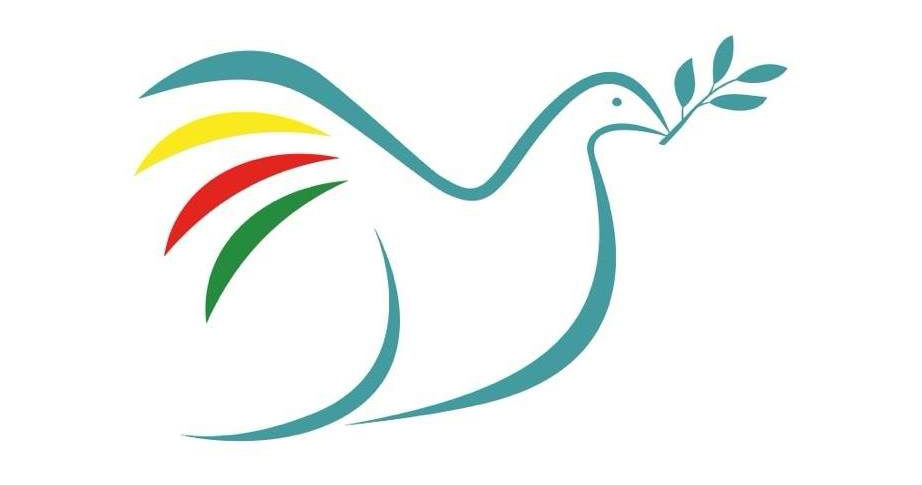The Kurdistan Communities of Women (KJK) has published a new information file called 5 minutes to election: What happened during 20 days of PKK inaction in Turkey? which provides a useful summary of events in Kurdistan since the PKK declared a unilateral ceasefire on 10 October. The report details an alarming number of state-sponsored attacks on the AKP’s political opposition, including curfews in Kurdish districts, raids on HDP offices and military strikes against the PKK.
The report begins with this statement below and is available to download in full here (pdf).
Continue reading ““5 minutes to election: What happened during 20 days of PKK inaction in Turkey?””
